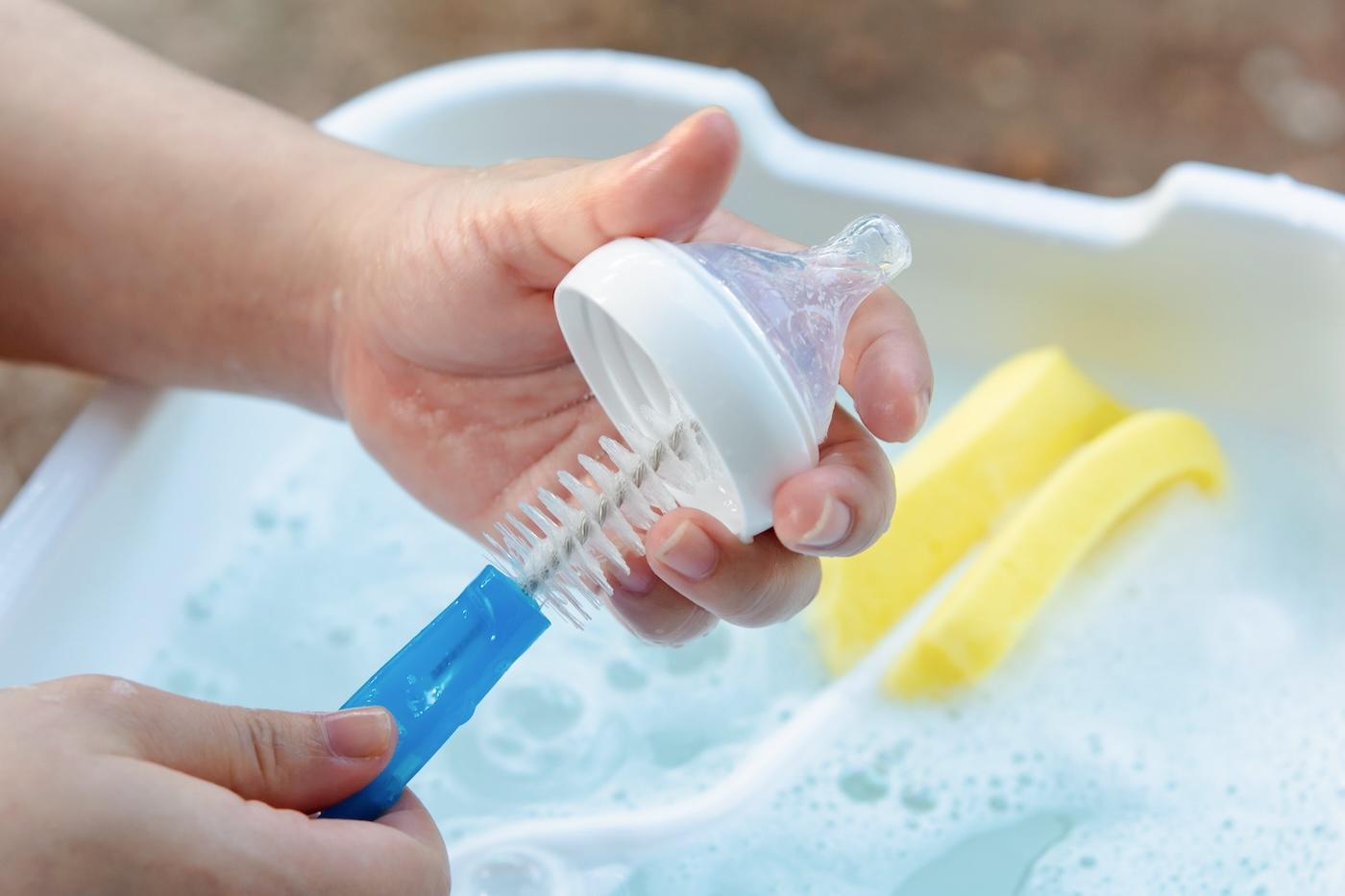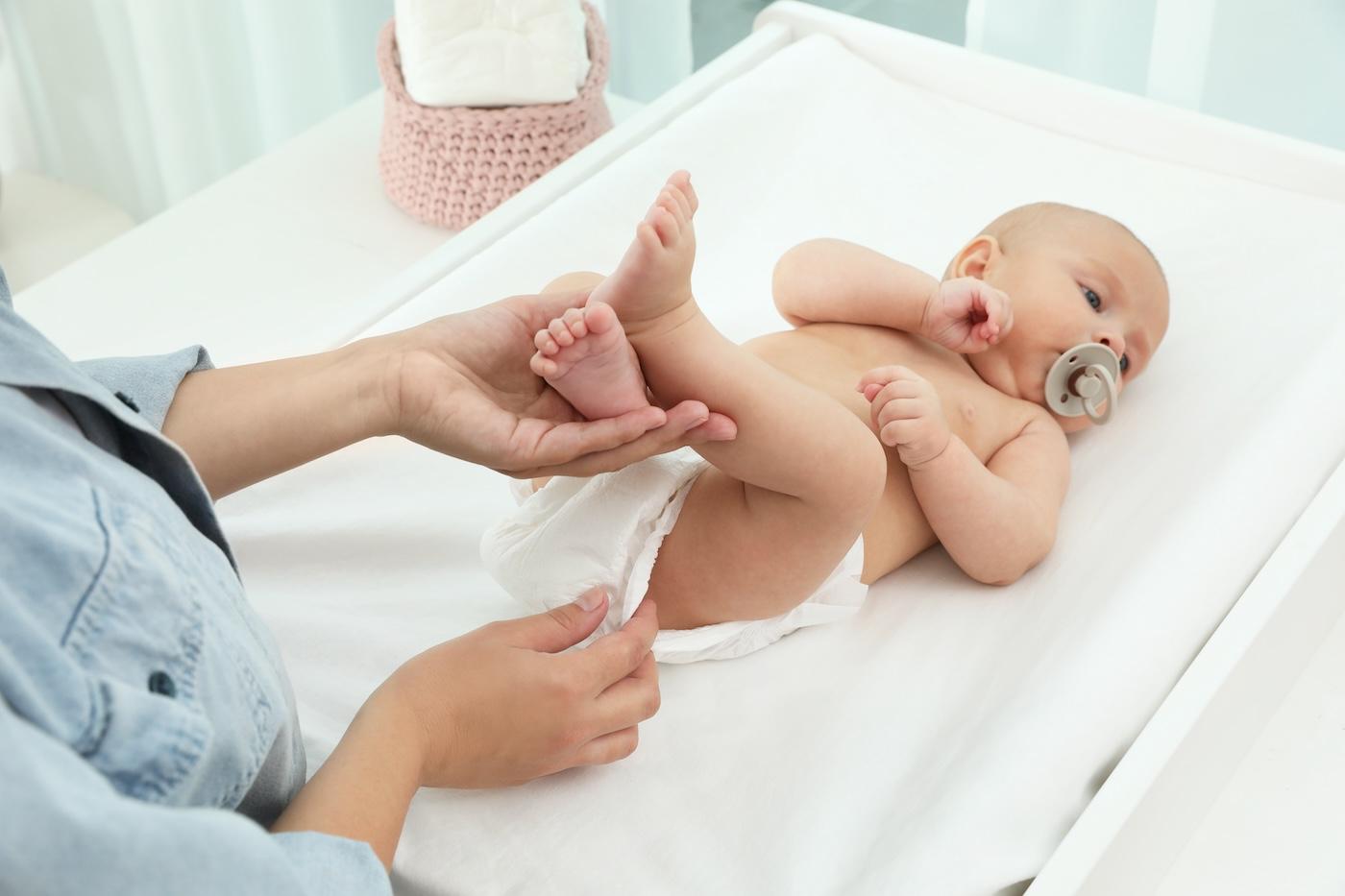BABY
2 Million Fisher Price Swings Recalled: What Parents Need to Know
Prompted by the CPSC, Fisher-Price recently issued a major recall for over 2 million Snuga Swings.

Written by
Happiest Baby Staff

After 9 months in the jiggly womb, it’s no surprise that babies crave motion after they’re born—it’s why swinging works so well as part of the 5 S’s to calm crying and lull babies to sleep! But as much as babies love rocking, inclined swings are not a safe place for babies to sleep.
In fact, prompted by the U.S. Consumer Product Safety Commission (CPSC), Fisher-Price recently issued a major recall for over 2 million Snuga Swings after the tragic deaths of at least five infants were linked to the product. These deaths, reported between 2012 and 2022, occurred when infants were left sleeping in the swings, which pose a suffocation risk. The recall highlights the continued dangers of using inclined baby products for sleep.
Why are Fisher-Price swings being recalled?
The recall was prompted after reports revealed that five infants, aged 1 to 3 months, died while using the Snuga Swing. In most of these cases, the babies were unrestrained, and additional bedding materials had been placed in the swing, which exacerbated the suffocation risk. The CPSC has long warned against using inclined seats, such as swings, rockers, or gliders, for infant sleep, as they can cause an infant's airway to become restricted, especially if the baby’s head droops during sleep, putting them in a chin-to-chest position.
What's included in the recall?
Parents who own a Fisher-Price Snuga Swing should stop using it for sleep immediately. However, the recall allows the product to continue being used for supervised, awake-time activities, as long as the headrest and body support insert have been removed.
But some safety advocates are concerned this recall doesn’t go far enough to encourage families and daycares to remove the risky product. CPSC commissioner, Richard L.Trumka Jr., urged consumers to discard the swings entirely to avoid any further risks.
Ongoing Concerns About Infant Sleep Products
This is not the first time Fisher-Price has faced scrutiny for infant sleep products. In 2019, Fisher-Price recalled its Rock ’n Play Sleeper after it was tied to more than 100 infant deaths over a 13-year period. In the same year, another inclined sleeper, the Rocking Sleeper from Kids II, was also recalled due to safety concerns after being linked to15 infant deaths.
In addition, Fisher-Price's Infant-to-Toddler Rocker and Newborn-to-Toddler Rocker have come under fire, with the company issuing warnings in June 2022 after at least 13 infant deaths were associated with the products. These incidents highlight the continued risks associated with inclined seating for infants and underscore the importance of safe sleep practices.
Safe Sleep Guidelines for Babies
The CPSC and the American Academy of Pediatrics (AAP) has been clear: Swings, rockers, and other inclined seating devices should never be used for infant sleep. The safest way for infants to sleep is on their backs on a firm, flat surface, such as a crib or bassinet, with no added blankets, pillows, or bedding.
The Safe Sleep for Babies Act, passed in 2022, has made it illegal to manufacture and sell inclined sleepers in the U.S., reinforcing the dangers posed by these products. This law aims to ensure safer sleeping environments for babies and prevent tragic accidents from happening.
What should parents do now?
If you own a Fisher-Price Snuga Swing, the most important step is to stop using it for sleep immediately. Follow Fisher-Price’s recall guidelines, which include removing the headrest and body support inserts and visiting the company's website to determine if your swing is part of the recall. For additional guidance, consult the CPSC website for a full list of recalled swings.
To safely give your baby the rocking they love, consider SNOO. SNOO lavishes babies with safe womb-like motion, while also providing a firm, flat sleep surface. What’s more, SNOO is the only infant-sleep system that secures babies on their backs, keeping them from rolling to a risky position. This innovation is why SNOO is the first—and only—FDA De Novo Authorized infant sleep system for safe back-sleeping. For important safety information, visit happiestbaby.com/fda.
Disclaimer: The information on our site is NOT medical advice for any specific person or condition. It is only meant as general information. If you have any medical questions and concerns about your child or yourself, please contact your health provider.
SHARE THIS ARTICLE
MOST LOVED
Sleepytime Sidekicks












